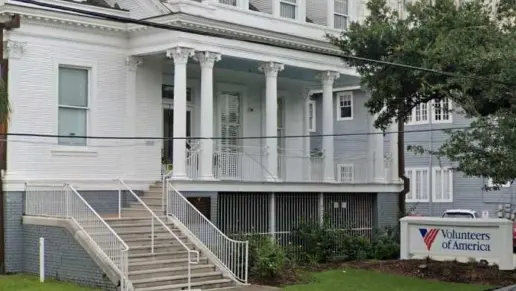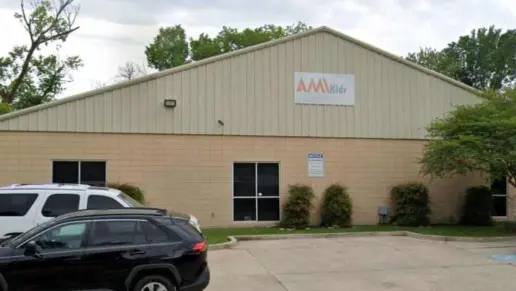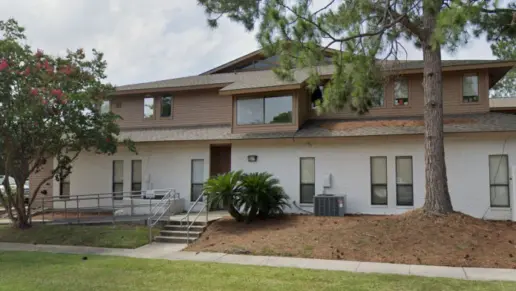My brother was self-admitted exactly a week ago from today. The patient suffers from substance abuse disorder with methamphetamine and opiates. This review is geared towards loved ones and family, not the ongoing treatment within the facility. The staff is unfriendly and se ...
About Woodlake Addiction Recovery Center (Abbeville)
Woodlake is a modern drug and alcohol recovery center in Abbeville, Louisiana. They provide several levels of care rooted in the 12 step model for men and women at various stages of addiction. This is a residential setting with home like amenities and a relaxed atmosphere. Their program structure follows four phases that clients progress through as they complete the program. Woodlake provides a full continuum of care and treatment services during this program.
Clients with severe addiction symptoms may be required to enter detox before receiving treatment, but it may also be entered voluntarily. Clients in detox stay onsite and receive 24 hour care and observation from the medical staff to ensure they are safe and comfortable during what can prove to be a difficult and painful process. Clients may then transition from detox to another care program.
Inpatient care gives clients a safe and secure place to live on campus for the duration of their treatment. While under 24 hour monitoring from staff, a client’s needs are met so they can put their energy into their treatment program. Treatment revolves around individual and group therapy, 12 step programs, life skills training, and other educational opportunities.
The inpatient program includes specialized care for working professionals from high stress occupations. This group meets once a week.
PHP is a form of outpatient therapy where clients come to the facility on a regular schedule to receive highly structured care. Clients in this program continue to live at home but receive the same types of care they would in the inpatient program. PHP is sometimes used as a transitional step for those leaving inpatient care who are entering the intensive outpatient program (IOP) or returning to their daily lives.
IOP is designed for both people who are entering a recovery program for the first time, who have relapsed, or who have completed the inpatient program. Clients continue to live at home and live their everyday lives. Clients receive the same care as the inpatient program, emphasizing group therapy, education, and activities.
Latest Reviews
Rehab Score
Accepted Insurance
Other Forms of Payment
Private insurance refers to any kind of healthcare coverage that isn't from the state or federal government. This includes individual and family plans offered by an employer or purchased from the Insurance Marketplace. Every plan will have different requirements and out of pocket costs so be sure to get the full details before you start treatment.
Self-pay involves paying for treatment out of your own pocket. You can use savings or credit, get a personal loan, or receive help from family and friends to fund your treatment. If you don't have insurance or your insurance plan doesn't cover a specific program, self-pay can help ensure you still get the care you need.
Military members, veterans, and eligible dependents have access to specific insurance programs that help them get the care they need. TRICARE and VA insurance can help you access low cost or no cost addiction and mental health treatment. Programs that accept military insurance often have targeted treatment focused on the unique challenges military members, veterans, and their families face.
Medicaid is a state based program that helps lower-income individuals and families pay for healthcare. Medicaid covers addiction treatment so those enrolled can use their coverage to pay for rehab. When a program accepts Medicaid the client often pays very little or nothing out of their own pocket.
Addiction Treatments
Levels of Care
Treatments
The goal of treatment for alcoholism is abstinence. Those with poor social support, poor motivation, or psychiatric disorders tend to relapse within a few years of treatment. For these people, success is measured by longer periods of abstinence, reduced use of alcohol, better health, and improved social functioning. Recovery and Maintenance are usually based on 12 step programs and AA meetings.
While each drug rehab in Louisiana offers unique elements, recovery support often follows a similar pattern. Detox is followed by inpatient and/or outpatient care, then aftercare support is provided once the participant completes the initial program.
Many of those suffering from addiction also suffer from mental or emotional illnesses like schizophrenia, bipolar disorder, depression, or anxiety disorders. Rehab and other substance abuse facilities treating those with a dual diagnosis or co-occurring disorder administer psychiatric treatment to address the person's mental health issue in addition to drug and alcohol rehabilitation.
A combined mental health and substance abuse rehab has the staff and resources available to handle individuals with both mental health and substance abuse issues. It can be challenging to determine where a specific symptom stems from (a mental health issue or an issue related to substance abuse), so mental health and substance abuse professionals are helpful in detangling symptoms and keeping treatment on track.
Opioid rehabs specialize in supporting those recovering from opioid addiction. They treat those suffering from addiction to illegal opioids like heroin, as well as prescription drugs like oxycodone. These centers typically combine both physical as well as mental and emotional support to help stop addiction. Physical support often includes medical detox and subsequent medical support (including medication), and mental support includes in-depth therapy to address the underlying causes of addiction.
Programs




Clinical Services
Group therapy is any therapeutic work that happens in a group (not one-on-one). There are a number of different group therapy modalities, including support groups, experiential therapy, psycho-education, and more. Group therapy involves treatment as well as processing interaction between group members.
In individual therapy, a patient meets one-on-one with a trained psychologist or counselor. Therapy is a pivotal part of effective substance abuse treatment, as it often covers root causes of addiction, including challenges faced by the patient in their social, family, and work/school life.
Couples therapy focuses on helping the couple develop skills that will improve the relationship. These include communication, conflict resolution, and anger management. Couples also identify dysfunctional behaviors and work to eliminate them.
Families are invited to attend a Family Weekend to receive education regarding the disease of addiction for family members and participation in family group sessions. Woodlake's Family Education model focuses on the disease concept, spirituality, the loss of personalities, defenses, neurological chemistry of addiction, the principles of the 12 step programs, and includes specific task to assist with redefining self and recovery. The Family Education group work is designed to allow the family members to explore their pain in the midst of the addiction, openly and honestly discuss resentments, determine proper amends and realistic expectations, and devise specific means to continue the recovery process while improving the relationship and enhanced communication.
Amenities
-
Private Setting
Staff & Accreditations
Staff
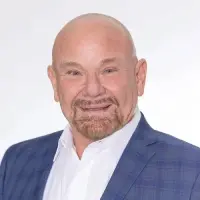
Chairman & CEO
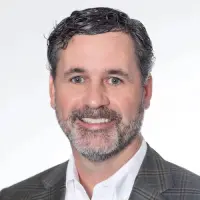
CFO

VP of Business Development

Medical Director
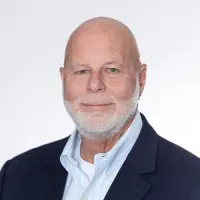
Diector Of Admissions
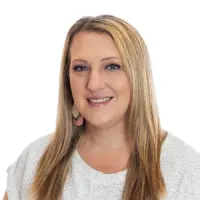
Assistant Director of Eduction
Accreditations

The Commission on Accreditation of Rehabilitation Facilities (CARF) is a non-profit organization that specifically accredits rehab organizations. Founded in 1966, CARF's, mission is to help service providers like rehab facilities maintain high standards of care.
CARF Accreditation: Yes
Accreditation Number: 264774

State Licenses are permits issued by government agencies that allow rehab organizations to conduct business legally within a certain geographical area. Typically, the kind of program a rehab facility offers, along with its physical location, determines which licenses are required to operate legally.
State License: Louisiana
License Number: 10028
Contact Information
1314 North Lafitte Road
Abbeville, LA 70510





